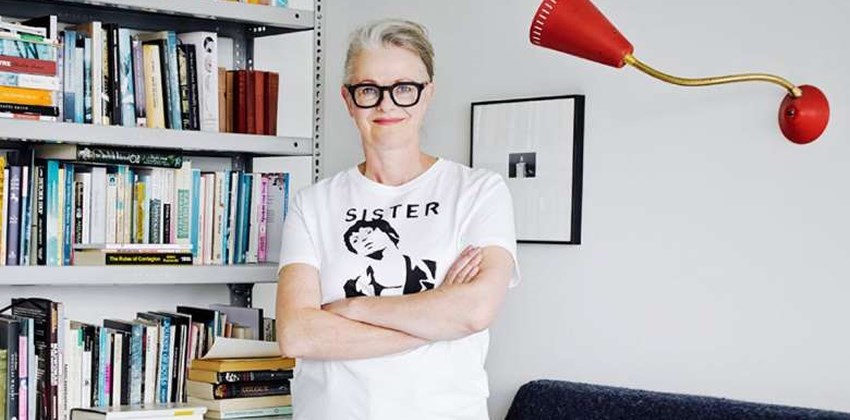
New Zealand acting coach Miranda Harcourt.
A sports psychologist who works with Olympians, and a renowned acting coach, weigh in on how to create a peak performance.
Stage fright has been part of the human condition since the first Neanderthal stood up from the campfire to give an after-dinner speech, only to find his mouth was dry.
Nerves can be a particular problem in sommelier competitions, where sommeliers must somehow go from being hospitality professionals to actors performing in front of an audience.
And the most high-stakes competition of them all, the tri-annual ASI Best Sommelier of the World competition, is about to take place in Paris. Although competitors are top professionals who have spent months preparing, anxiety is likely to affect even the best of them.
One way to deal with it is to use the strategies of other people who have faced these same challenges: athletes and performers.
The ASI Best Sommelier of the World competition explained
Sommelier competitions generally have three parts: a theory paper, a blind tasting, and a service test. Arvid Rosengren, the ASI Best Sommelier of the World 2016, who’s been working on planning the 2023 competition, says the service element is quite short during the first round, as there are around 70 candidates to get through.
In the semi-final, the service portion will be longer. “Maybe 20 minutes or half an hour, with various tasks to string together.”
This is where nerves can be a problem. “The most common thing is someone was too nervous to listen to the instructions or didn’t understand that something happened they were supposed to solve,” says Rosengren. Anxiety also affects the perception of time, which can be disastrous in the final, where doing tasks in the allocated time is critical.
When Dr Mark Aoyagi, Co-Director of Sport & Performance Psychology and Professor in the Graduate School of Professional Psychology at the University of Denver, coaches top athletes, he tells them the best way to deal with anxiety is simply to recognise it. “The effects of anxiety are somatic excitation. So, muscle tension, heart rate increases, things like that. The biggest impact is that anxiety eats up attention and causes our attention to narrow.”
Yet Aoyagi says “anxiety is not the enemy. If we focus our energy on managing our anxiety or trying to calm down, all the energy is spent. It’s not spent on actually performing the task in hand,” he says.
Instead, focus on breathing, and on increasing attention: competitors should remember that they’re more likely to misread the instructions. Aoyagi also says to consider how anxiety has manifested in the past, and plot strategies to deal with it, such as having water close to hand if a dry mouth is a problem. Also to remember that “the fear of the thing happening is much greater than the impact of the actual thing itself happening.”
When the stakes get higher
Of the 12 or so people who make it to the end of the semi-final, all but three will be eliminated ― publicly. The three finalists are then sent out while the room is set up. When they return, there will be an audience, a film crew, spotlights and microphones.
To read the full article, click HERE